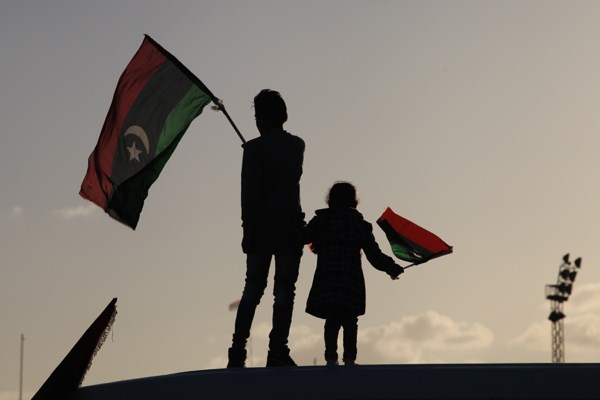Libya is a mess and rapidly getting worse. It is a “failed state ravaged by civil war, and a magnet for al-Qaida and Islamic State (IS) recruits,” as Christopher Chivvis put it— “Somalia on the Mediterranean.”
The principle victims are Libyans themselves. After suffering through decades of Moammar Gadhafi’s dictatorship, they now face a future that is, in many ways, even worse. But the danger spreads outward. Gadhafi’s weapons have been used to arm extremists across Africa, dragging other nations like Mali toward the abyss. Libya probably has more IS fighters than any place outside Syria, and they now threaten to use the country as a base for terrorism against southern Europe. All signs point toward an increasingly grim future for Libya.
With hindsight, it is hard to imagine why NATO put so little thought into what would happen after Gadhafi was removed from power. Iraq should have taught the world that societies deeply wounded by brutal and parasitic dictatorships cannot simply heal themselves. But the important question is what to do next. Without some sort of outside intervention, Libya will spiral into humanitarian disaster and civil war, providing IS a golden opportunity to infect another part of the world.

